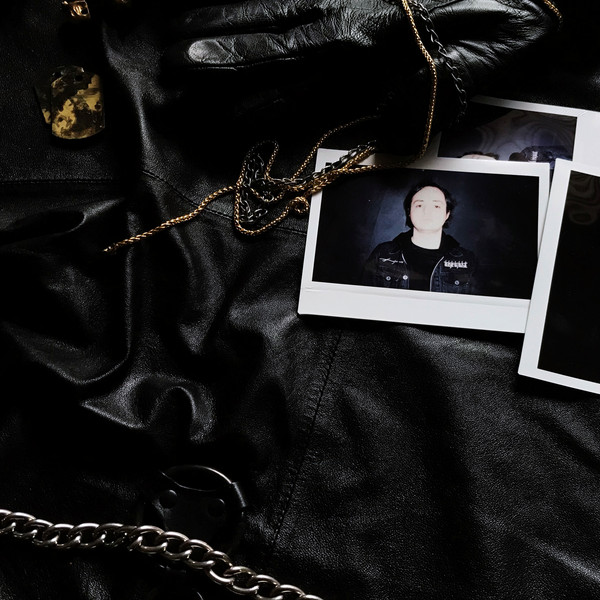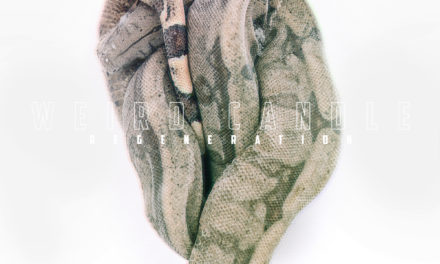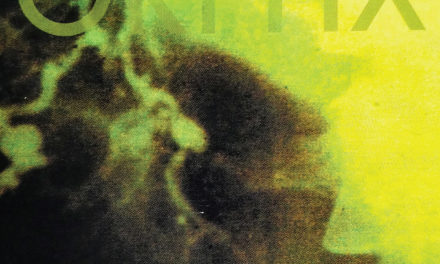Ritualz
Doom
Artoffact Records
It’s difficult to recall now, but the cursory use of the trappings of goth culture in the first waves of witch house was the subject of no small debate upon the latter’s emergence (even on the part of this publication). While the gloom and occult pantomime of witch house was certainly proximal to goth, the issue of whether that interest went deeper in earnest or was just used as a piss-take was never quite clear (and likely varied from act to act, truth be told). It’s refreshing to be revisiting that intersection once again years after the summer of witch house for much more productive reasons. A few years removed from an enjoyable spate of witch house releases, Mexican producer Ritualz (formerly unicoded as †‡†) has released an unexpected record which draws connections between goth and witch house sounds, while also delivering plenty of darkwave goods on the side.
Juan Carlos Lobo Garcia moves through a range of moods and personae on Doom, from the stoic and gloomy “Rats” to the goblin rasp of “Pig”, which feels equal parts aggrotech and Mortiis. While varied, this approach seems less the product of uncertainty than the desire to cover a range of dark modes. Hell, opener “Trash Mental” finds common ground betwixst TR/ST and Skinny Puppy I hadn’t hitherto considered. The murky ascending keyboards of “Journey” recall the swarming noise of sometime Ritualz collaborator Fostercare as handily as they do any ethereal band you’d care to name, and the abrupt shift out of black metal tension into mournful darkwave harmonies on “Echoes” is inspired.
Even when the pace is picked up and the gloom is set aside for a moment, Garcia finds fertile ground. The excellent vampire-themed darkwave stormer “Lust Eternal” connotes Blutengel in the most ideal of ways: the cheese quotient is mitigated, but an ear for immediate yet distinctly dark melodies is in full effect. And it carries no small amount of funk in its delivery, something sorely lacking in darkwave of any era.
With Doom, Garcia is doing the difficult work of connecting modern experimentation with production to classic goth sounds and themes, an undertaking few acts apart from the always underrated Prosymna have risked. It’s certainly more ambitious than simply claiming a shared lineage without demonstrating it, a phenomenon plenty of lesser witch house producers indulged in, now blessedly in the past. However it was done, Doom finds connections which feel both natural and novel. Some eight years on, it’s heartening to find the witch house genome back out in the wild, now elegantly mutated and hybridized.







Trackbacks/Pingbacks